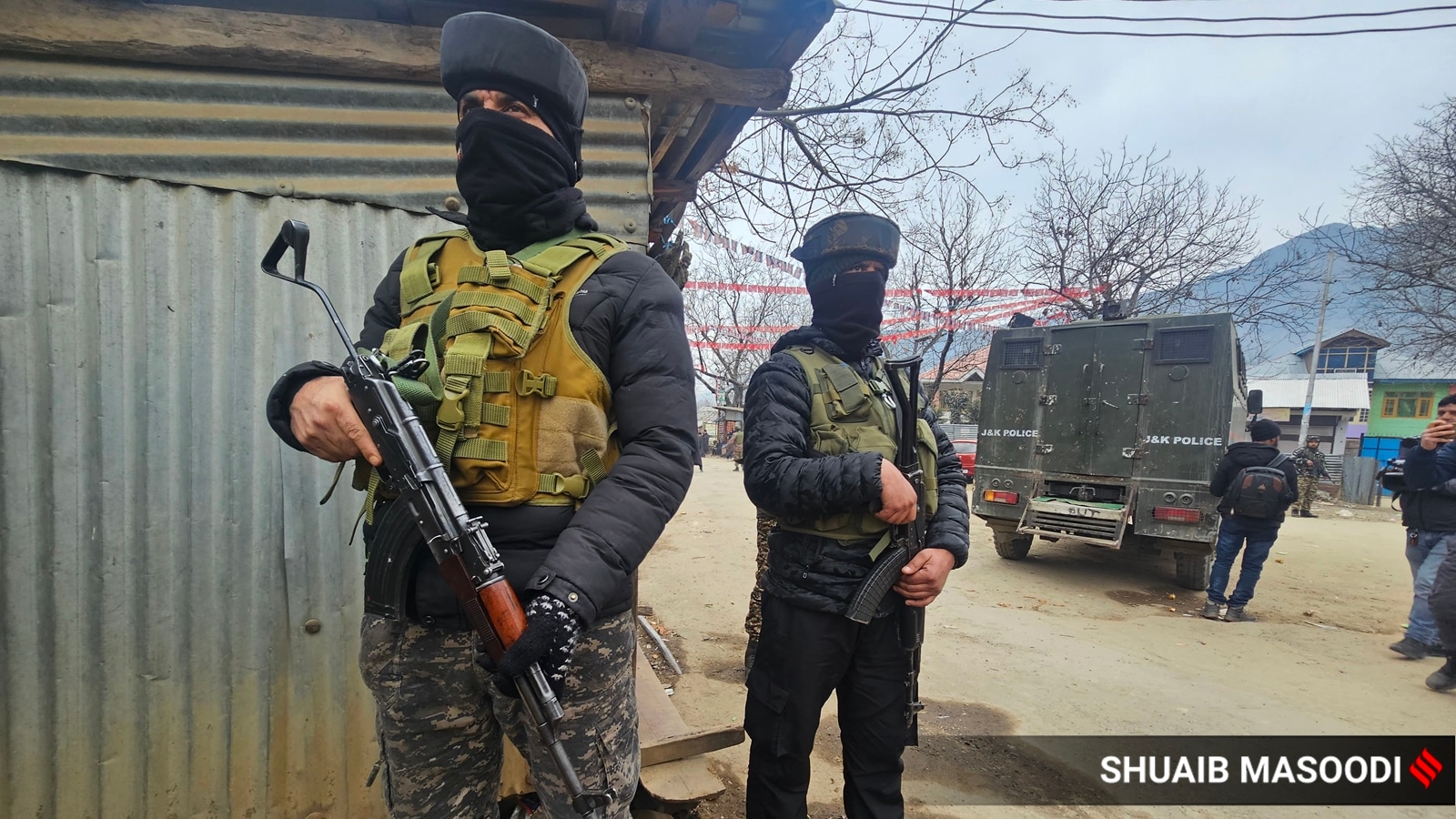 |
|
The recent killing of a retired soldier in south Kashmir has sparked a large-scale security operation by Jammu and Kashmir Police, resulting in the detention of over 500 individuals across the Kashmir Valley. This unprecedented crackdown, exceeding the scale of previous responses to militant attacks, is a clear indication of the authorities' resolve to combat escalating violence and maintain order in the region. The detentions, primarily targeting relatives of Kashmiri militants based in Pakistan and Pakistan-occupied Kashmir (PoK), represent a significant escalation of tactics. While the seizure of properties belonging to Pakistan-based militants has been a common practice in recent years, the mass detention of their family members marks a new and arguably controversial chapter in the conflict.
The rationale behind this sweeping operation is primarily to send a strong message to militant groups operating from across the border. Authorities believe that by targeting the families of militants, they can effectively deter future attacks and disrupt the support networks that sustain militant activities. The police have stated that similar strategies in the past have yielded positive results, although the long-term efficacy and ethical implications of such measures remain open to debate. The targeting of family members raises complex questions about collective punishment and the potential for unintended consequences, including the further alienation of the local population.
The attack itself involved unidentified gunmen who opened fire on retired soldier Manzoor Ahmad Wagay, his wife, and niece in Behibagh village of Kulgam. Wagay, a 45-year-old man, succumbed to his injuries, while the women sustained injuries to their legs and are currently undergoing treatment. This targeted attack on the family of a retired soldier is viewed as a particularly egregious act, crossing what police describe as a 'red line'. This escalation in violence has understandably fueled the intense response from the authorities, leading to the large-scale detentions.
The situation in Kashmir remains deeply complex and fraught with political, social, and security challenges. The ongoing conflict between various factions and the involvement of external actors continue to contribute to instability. The recent events highlight the continuing struggle for control and the difficult choices faced by the authorities in balancing security concerns with respect for human rights and the prevention of further escalation. The effectiveness of the mass detention strategy in achieving its stated goals remains to be seen. There are concerns that such actions may generate resentment and fuel further radicalization rather than effectively curbing violence. Independent monitoring and assessment of the situation are crucial to ensure accountability and prevent human rights abuses.
The international community also has a role to play in addressing the underlying causes of the conflict and promoting a peaceful resolution. Dialogue and engagement with all stakeholders, including militant groups, are essential to finding a lasting solution to the crisis. The focus should be not only on addressing immediate security concerns but also on addressing the root causes of the conflict, including poverty, marginalization, and unresolved political issues. Only through a comprehensive and holistic approach can a sustainable peace be achieved in Kashmir.
The long-term consequences of this massive detention operation will depend largely on how the situation unfolds in the coming weeks and months. The effectiveness of the deterrent message, the impact on the civilian population, and the overall implications for regional stability remain to be seen. The incident underscores the continued need for a comprehensive strategy that addresses both the security challenges and the socio-political dynamics at play in the region. Any lasting solution to the conflict must involve sustained efforts to promote reconciliation, justice, and economic development within the framework of a political settlement that respects the aspirations of all stakeholders.
